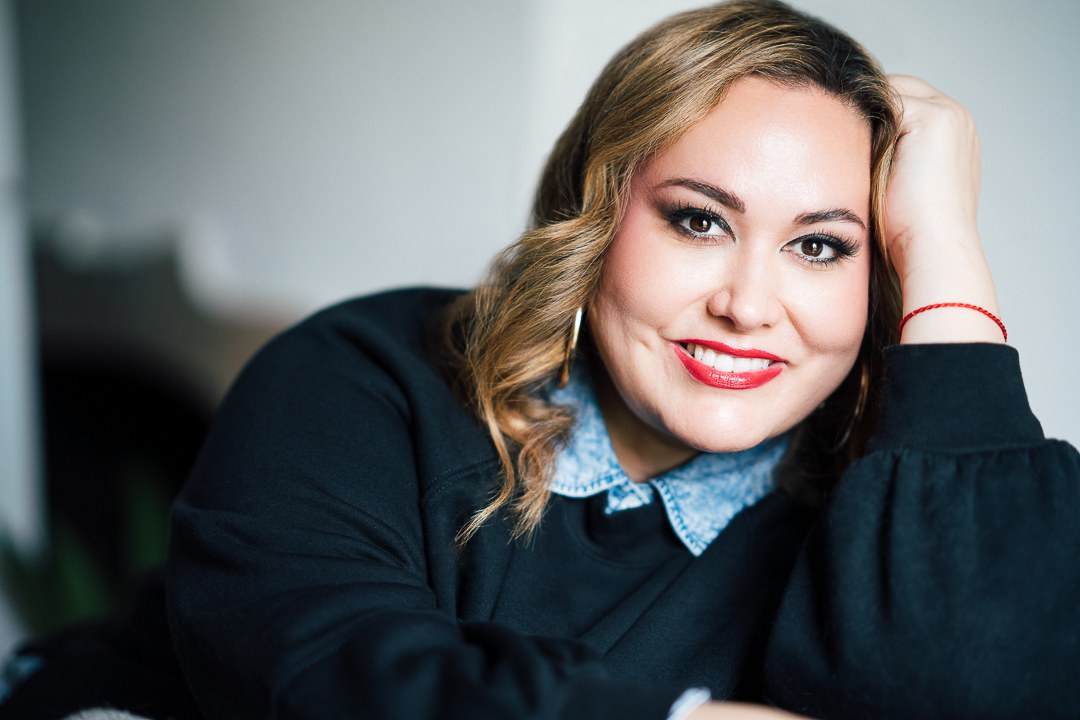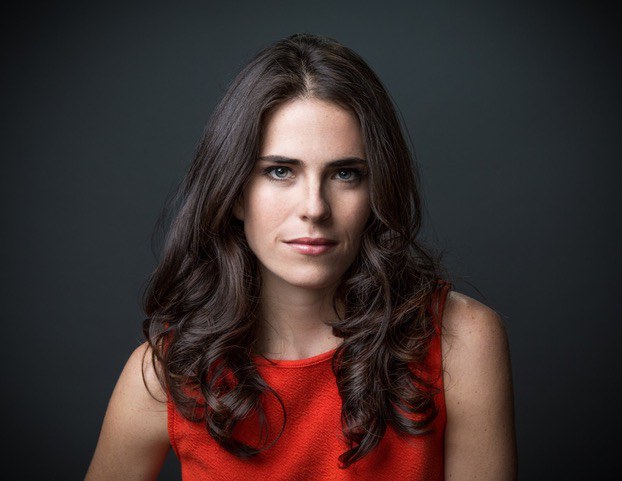Audible, the company known for its audiobooks, is going back in time and developing radio plays. That includes “Fade,” which follows a novelist from Chicago named Lucia. After moving to Hollywood to become a TV writer, she has a hard time adjusting because it’s her first writers’ room, and because she’s Latina. Lucia later finds out she’s a diversity hire. Her only friend at her new job is Abel, the office janitor.
“Fade” director Tanya Saracho says the show’s premise is partially inspired by her own first-year experiences as a TV writer, which she initially adapted into a stage production.
“I was like, ‘What is this TV writing Hollywood thing?’ I was a playwright in Chicago, I was coming in cold into this room. And there was a lot of culture clashes. … I would just stay until 11 p.m. And around six o'clock, this crew came, and I made friends with a couple of the janitors, and they did help me with a couple of things. I was new to LA.”

“Fade” director Tanya Saracho says the show’s premise is partially inspired by her own first-year experiences as a TV writer. Courtesy of Audible.
Actress Karla Souza plays Lucia, who initially clashes with the rest of the writers. After learning Abel’s story, she shares some of it with her colleagues, and they put it into the show.
“In the end, it's her transformation into these TV execs that she hated at the beginning. Her ambition ends up taking her to become one of those people. … It's heartbreaking, but it's a really good look at reality in Hollywood,” Souza explains.
Souza met Saracho on the ABC show “How To Get Away With Murder.” After she left the show, Souza says she faced what she describes as the “cruel reality of what Hollywood was.”
That includes auditions where she was asked to put on an accent, and people were surprised by her lighter skin and blue eyes.
The discussion about colorism drew Souza, whose mother is Mexican and dad is Chilean, to “Fade.”
“There's only been one way of representing Latinos in California and in the greater U.S. And so it was very interesting to me to find someone who really represented it in a story that's very contained. It all happens in one office. And so for me, it was a wonderful exercise of acting, but also explaining and living out all the stuff that I come up against in my industry constantly.”
It’s a stark difference for Souza, who’s had an established acting career in Mexico.
“I'd get on the plane to go back to Mexico and they'd make an announcement. … They'd name one of the characters that I did on the flight and they all started clapping. ... Or I'd go to a restaurant and I'd have my whole bill paid because people would love my career. … Any hotel or trip I would take, the hotel would pay for it,” Souza explains.

Karla Souza has had an established acting career in Mexico. “I'd get on the plane to go back to Mexico and they'd make an announcement. … They'd name one of the characters that I did on the flight and they all started clapping. ... Or I'd go to a restaurant and I'd have my whole bill paid because people would love my career. … Any hotel or trip I would take, the hotel would pay for it,” she says. Courtesy of Audible.
Acting through voice
Souza compares working on “Fade” to telling a children’s bedtime story, where she can only use the emotion in her voice to convey what’s going on. She says she recorded the project in two days.
“It's definitely a technique to realize that all you have is your voice. … People nowadays, when they're commuting to work or they're going on a hike, or they're in the gym, and they just want to hear fiction. … I feel like the visuals sometimes trump our imagination.”
Saracho adds, “By the end of it, you think you've seen it. A couple of people have told me, ‘I thought I saw your play.’ [But] no, you just heard it.”
